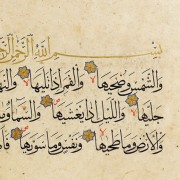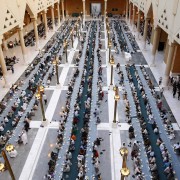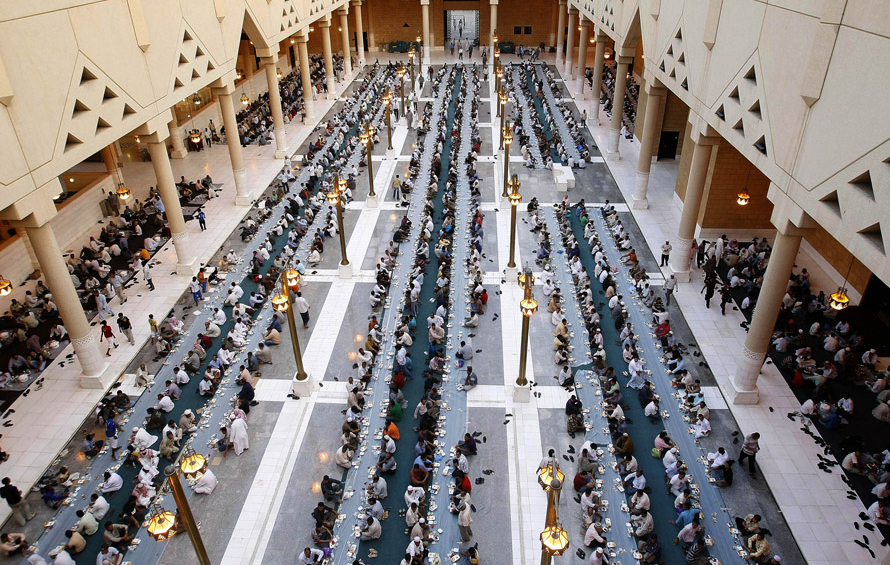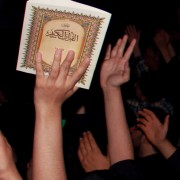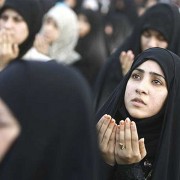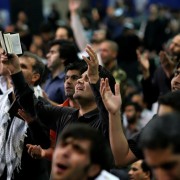Ramadan, The spring of the Qur’an
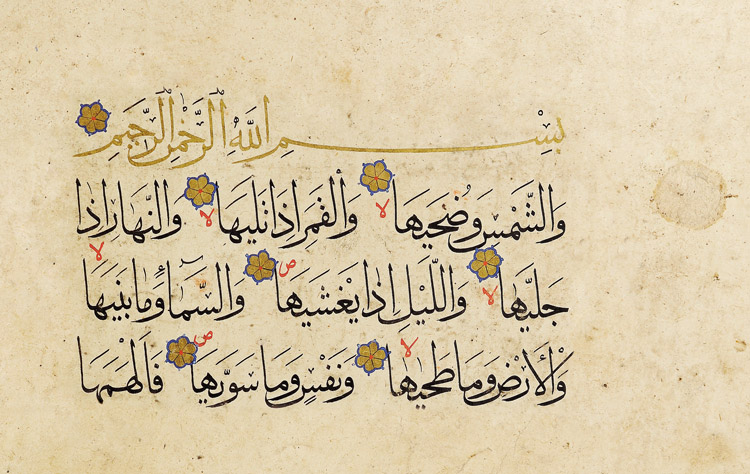
The month of Ramadhan is aptly termed the spring time of Qur’an. The Holy Book, the Almighty’s final and most comprehensive revelation to mankind was sent down to Prophet Muhammad (s.a.w) in this blessed month.
In this month the souls are more refined, more inclined towards the Creator, and more receptive towards the bounties in Allah’s Book of wisdom, guidance and righteousness. Hence reciting the Qur’an and contemplating on its eternal verses is emphasized more in this blessed month than at any other time of the year.
The Prophet says:
“ … Invoke your Lord in right earnest with hearts that are free of sin and evil, to enable you to fast and recite His Book (Qur’an)…” 1
[su_divider top=”no” style=”dotted” divider_color=”#dbf3ec” size=”2″ margin=”35″]
“… Whoever recites an Aya (verse) from the Qur’an (in Ramadhan) will receive a similar reward as the one who recites the whole Qur’an in other months.” 2
[su_divider top=”no” style=”dotted” divider_color=”#dbf3ec” size=”2″ margin=”35″]
“He who makes lawful what is forbidden in the Qur’an has no faith in it.” 3
The fifth Imam of the prophet’s infallible progeny Muhammad al-Baqir (a.s) says:
“Everything has springtime and the springtime of the Qur’an is the Month of Ramadhan.”
Reports suggest Imam Muhammad al-Baqir (a.s) used to recite the whole Qur’an ten times during Ramadhan.
The Eighth Imam, Ali ibn Musa ar-Ridha (a.s) advised one of his companions as follows:
“Invoke Allah, ask for forgiveness, recite the Qur’an and repent to Allah for your sins more frequently, so that the blessings of the month of Ramadhan may come to you, while you are sincere to Allah, the Exalted.” 4
The prophet himself took the lead in this regard. He and his infallible progeny recited the Book of Allah more than anyone else in Ramadhan. They taught Muslims how to contemplate on its eternal wisdom, apply its instructions in day-to-day affairs and enlighten people with its storehouse of knowledge.
What a wonderful trail they blazed, whose radiance enables us to tread the right path. We should seize upon this opportunity and Endeavour to make the Holy Qur’an bloom it’s brightest in blessed Ramadhan. We should try to comprehend its eternal verses, and make others understand in turn. Although, reward is there for sincere efforts, reciting by rote without trying to understand the meaning of the glorious verses avails no benefit, and likewise mere understanding without practical application is also a futile exercise.
Hence, dear readers, let us promise this Ramadhan to educate and enlighten ourselves with the eternal light of the Qur’an, our one and only constitution. The gems in the Holy Book’s fathomless treasuries are waiting to be discovered, bequeathed by the Prophet and his Ahl-ul-Bait is an ocean of knowledge dealing with every topic under the sun, but unfortunately we have turned our backs, lured by the deceptive glamour of the Western Culture.
The Qur’an opens to us new vistas of thought and heights never attained before. But look what the western culture has done, degrading human honor, exploiting carnal desires and wasting away both our body and soul. Remember the Prophet’s words:
“… After death there will be no blaming, and after this world there is nothing except Paradise and Hell.” 5
If today some apostate pours poison on human values in the enticing guise of literature, are we not to blame? True we have the Qur’an, and we sincerely defend it, even by sacrificing our lives. But have we really done any concrete thing to enlighten others around of Islam’s truth.
So dear readers, let us start, better late than never. The recent satanic slander against values we hold dear should be enough to awaken our conscience, but the condition is sincerity of intention stemming from a pure and god-fearing heart.
Source: Fasting a Divine Banquet
Published by Al-Balagh Foundation
———————————-
- Prophet sermons, Uyun Al Akhbar ar-Ridha
- Prophet sermons, Uyun Al Akhbar ar-Ridha
- Al Harrani – Tuhaf Al-Uqul
- Wasail Ash’Shia – Al Hur Al Amuli
- Tarikh Al Yaqubi, Vol 2, Pg 89 – By Dar Sadir, Beirut

